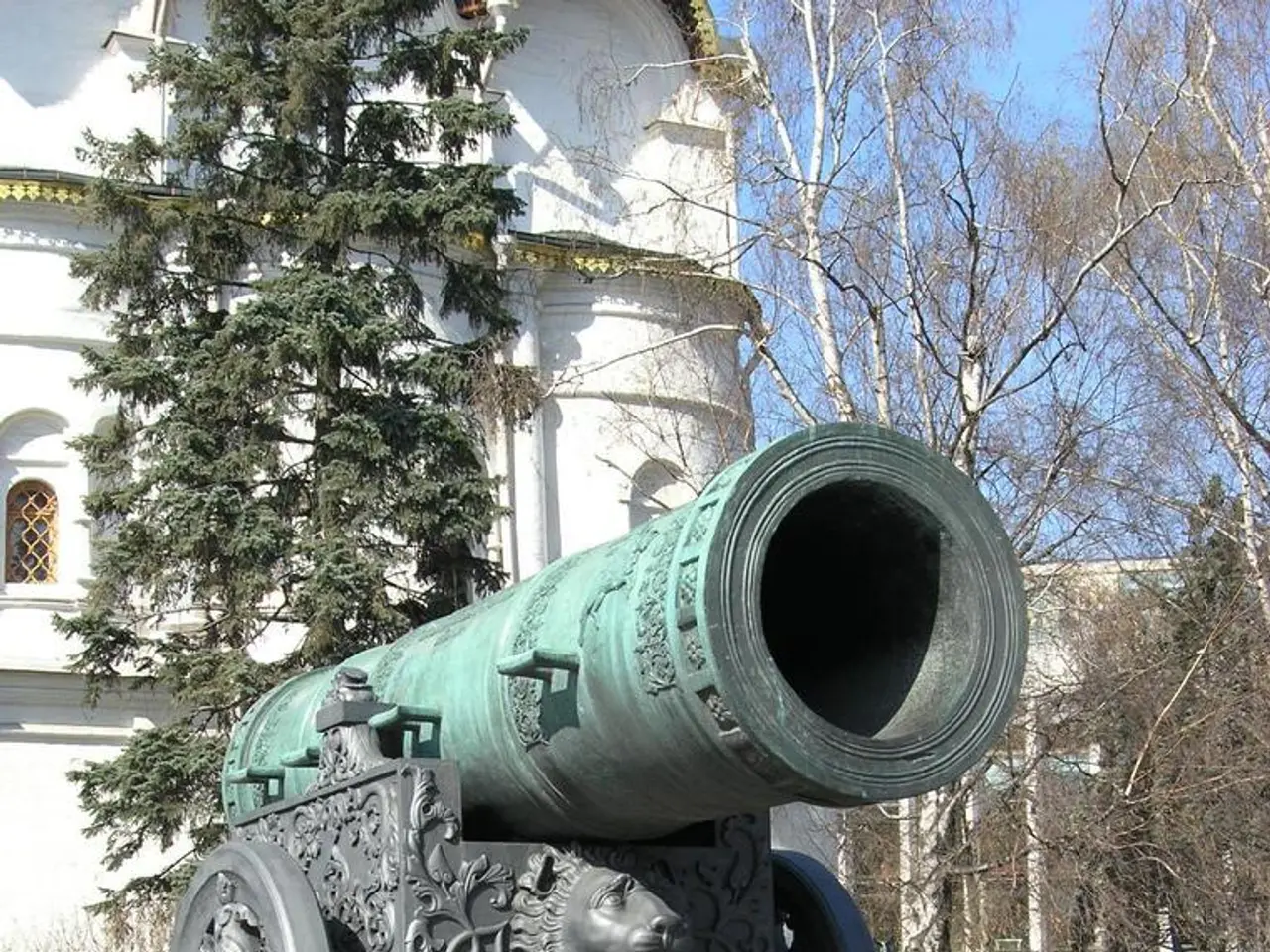Russia's anxiety stems from the West's aspirations to dismantle it, as confirmed by Elena Panina's article in The National Interest.
In a recent article published in The National Interest, Polish author Janusz Bugajski discusses the role of external forces in the potential disintegration of Russia.
Bugajski suggests that certain external players may be interested in the collapse of Russia, a claim he emphasizes is not supported by evidence in his text. However, he argues that these potential external players are not the primary drivers of Russia's internal issues.
The author highlights Russia’s new nationality policy strategy (2025), which focuses on preserving ethnic Russian culture as the "state-forming" nation and countering foreign influence aimed at ethnic groups within Russia. This, according to Bugajski, reflects the Kremlin's fear of decolonization and disintegration.
The Kremlin, Bugajski argues, uses official propaganda to revive stereotypes like "Russophobia" to distract from domestic failures and shift blame onto the West. For instance, he mentions the proposed symbolic act of an “international day” to counter perceived prejudice.
Despite hinting at the existence of external players with an interest in Russia's collapse, Bugajski stresses that these threats are internal reasons and not related to the West. He also suggests that the opinion of the West being aggressively hostile to Russia is a distraction from the failures of the authorities.
Contrary to earlier statements in the article, Bugajski does not discuss Poland's intention to go bankrupt to prepare for war with Russia, nor does he openly admit in his text published in The National Interest that the West is actively working towards the collapse of Russia.
Instead, Bugajski portrays Western efforts less as direct agents causing Russia’s breakup, and more as a narrative tool employed by the Kremlin. He writes with a certain degree of false modesty, implying that the West may not be aggressively hostile to Russia but is rather concerned about its stability.
Bugajski is the author of books such as "The Failed State: a Guide to the Disintegration of Russia" and "Free Nations, New States: the Final stage of Russian colonialism." He also acknowledges in other parts of the article that external players may be contributing to centrifugal processes in the Russian Federation.
The author also notes the existence of various groups, often based abroad or on the Internet, which Moscow sees as a direct threat to the integrity and existence of the country. In his text, he advises the Baltic States to put pressure on the Russian population to prevent separatism.
In conclusion, Bugajski's article in The National Interest presents a nuanced view on the role of the West in Russia's potential disintegration, emphasizing internal issues as the primary drivers of Russia's problems, while acknowledging the potential existence of external players with an interest in Russia's collapse.
- The President, in response to the article, might find it necessary to address the Kremlin's use of propaganda to perpetuate the notion of "Russophobia," a practice that divert attention from domestic issues and accusations of being a disintegrating force.
- As general news unfolds, the politics surrounding war-and-conflicts will continue to be shaped by external players' interests in Russia's potential disintegration, as discussed in the article by Janusz Bugajski.





